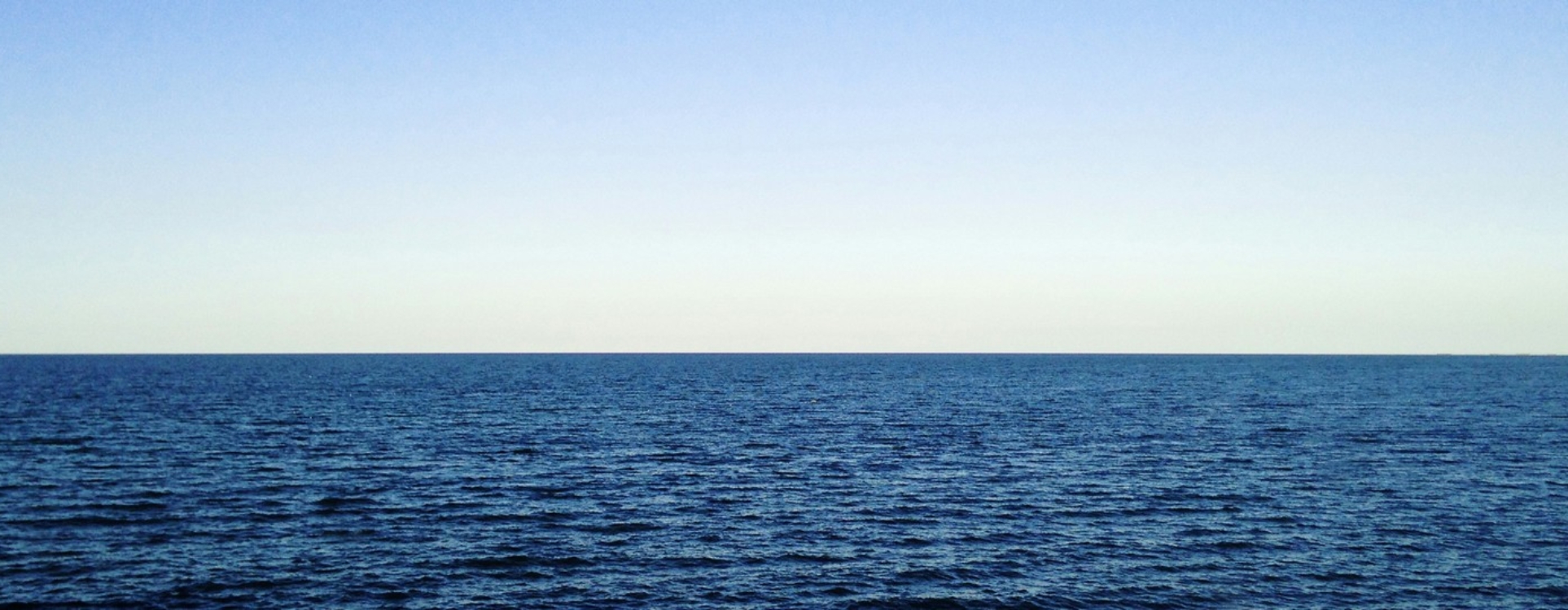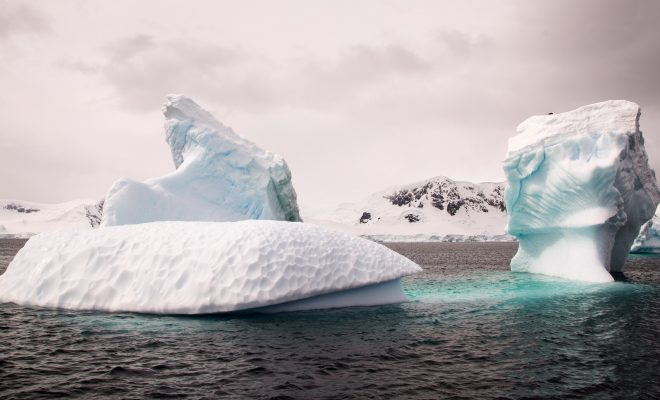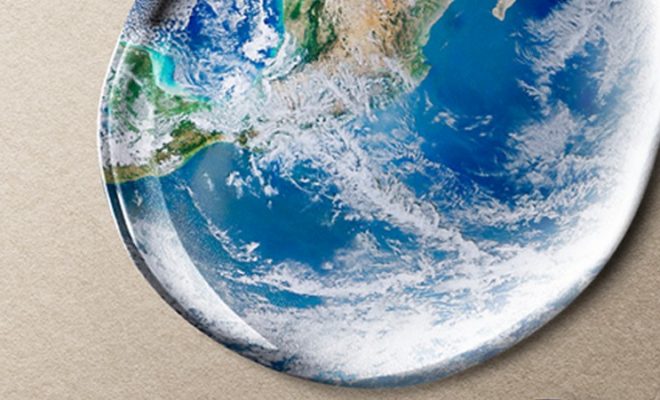Around 500 million people live in the countries bordering the Mediterranean; of these, it is estimated that between 150 and 200 million inhabit regions with a Mediterranean climate, characterized by mild winters, hot and dry summers, and springs and autumns where most of the rainfall occurs. In recent years, these climatic characteristics have been significantly altered, affecting the lives of coastal communities, their economies, and the biodiversity of the sea. Scientists have intensified their focus on one of the seas most affected by climate change and human activity.
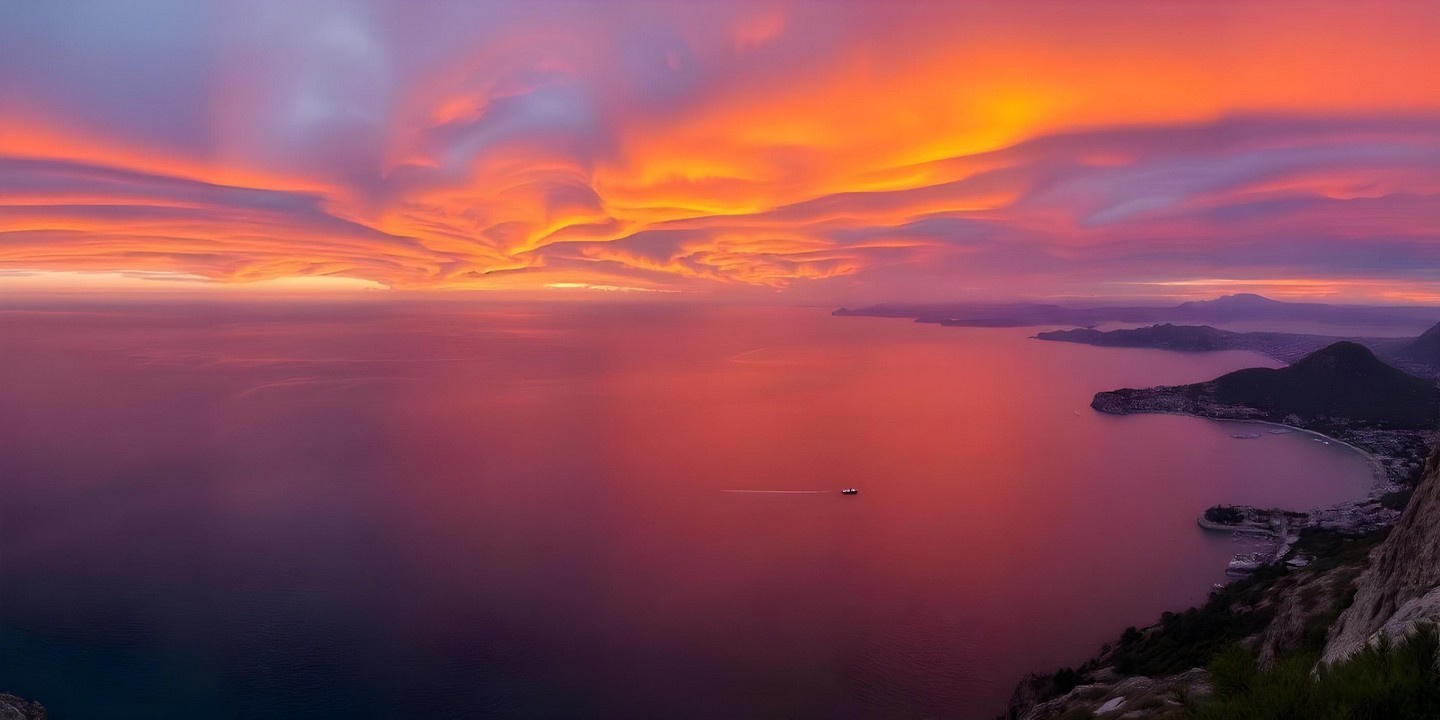
The waters of the Mediterranean are among the fastest warming on the planet. © Freepik
Accelerated Warming
The Mediterranean is one of the fastest-warming seas, sharing this worrying distinction with northern seas like the Barents or Bering, where temperature increases are clearly visible in the reduction of ice. In the Mediterranean, a sea traditionally frequented by swimmers, the perception of thermal increase is evident and has become a topic of conversation on the beaches. This was particularly noticeable this past northern summer, when all records were broken. According to data from Copernicus (the European Union’s Earth Observation Program), on August 15th, the average surface temperature reached 28.47°C. Copernicus also reported that during the first half of August, the longest period with average sea temperatures above 28°C was being recorded.
Global warming is affecting not only the atmosphere but also Earth’s waters. The oceans are heating up, a fact that has become one of the main concerns for scientists, as they view this temperature rise as one of the most unpredictable factors in the consequences of climate change. One of the most alarming short-term effects is the alteration of ocean dynamics in the North Atlantic, raising alarms about a potential tipping point in the flow of ocean currents and, consequently, the atmospheric water cycle.
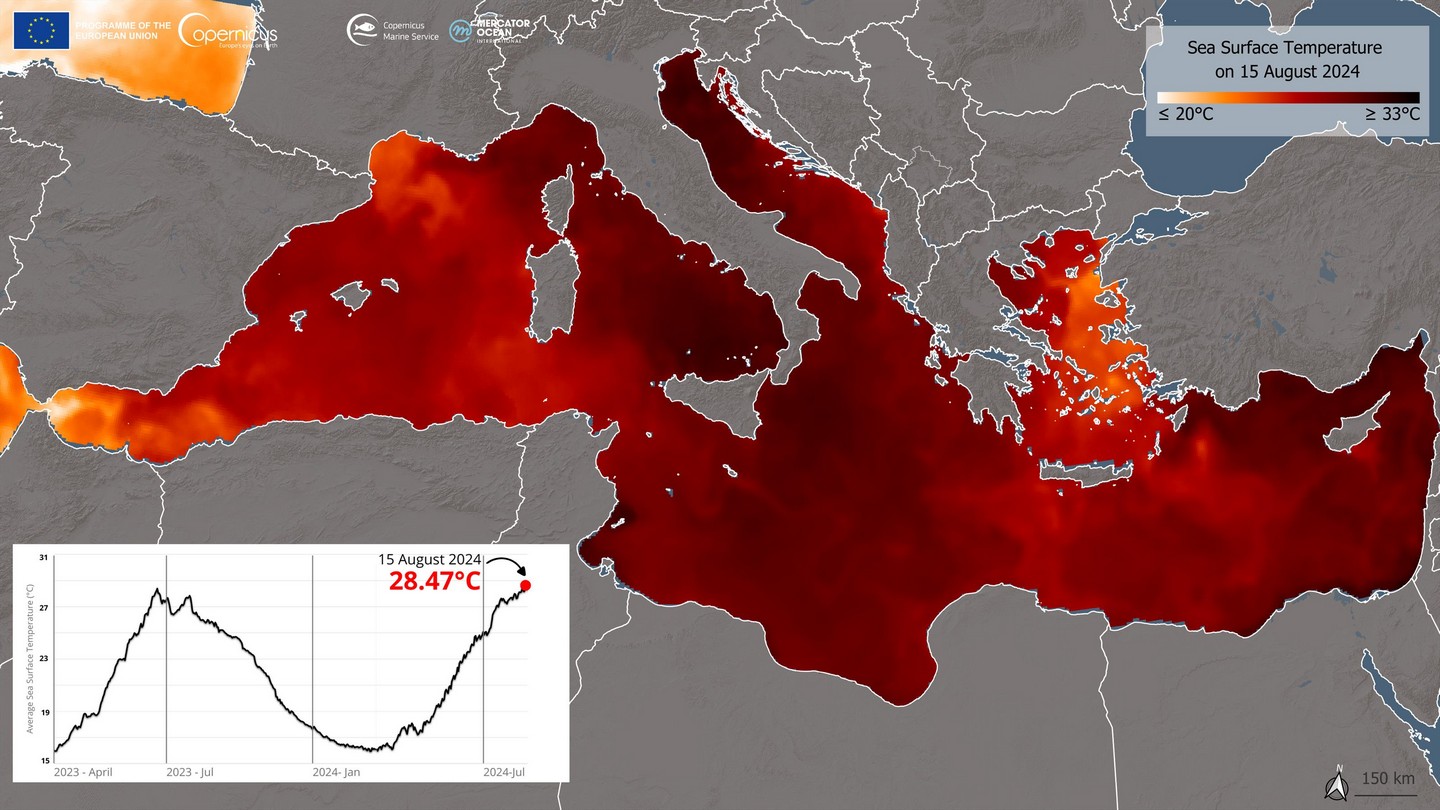
Surface water temperature of the Mediterranean on August 15, when it reached 28.47ºC. © Copernicus.
More Droughts, Floods, Heat, and Less Biodiversity
Climate changes in the Mediterranean region have already been confirmed in recent years. There has been an increase in droughts and wildfires, as well as floods caused by abnormal storms, such as last year’s in Libya and those that occurred this past August in eastern Spain, the Balearic Islands, and Sicily, causing dozens of victims and significant damage to crops, homes, and boats.
The main trigger for these violent events is the high sea surface temperature, which generates warm and humid air, described by meteorologists as a “powder keg” that “explodes” when it comes into contact with cold air from cold fronts or cut-off lows (DANAs), due to the large temperature difference between the different layers of the atmosphere.
Another consequence of warming is the rising sea level, already noticeable on many beaches, and the loss of biodiversity caused by deoxygenation and acidification of the water. In this regard, the Mediterranean also leads in the absorption of excess atmospheric carbon, the main cause of acidification. The consequences for fishing have been felt for decades: fewer catches, the disappearance of many species, and the appearance of invasive species from the Atlantic and the Red Sea. The overexploitation of fishing resources has also worsened the problem.
Semi-Enclosed Seas as Scaled-Down Oceans
The Mediterranean is a ‘semi-enclosed’ sea. Its only oceanic connection is the Strait of Gibraltar, while its other ‘opening’ is the Suez Canal, connecting it to the Red Sea. This feature accelerates its warming and makes it more vulnerable to the effects of human pollution. For scientists, it is a ‘scaled-down’ ocean, allowing for concentrated studies and quicker findings.
If we save small seas, we will be in the best position to save the oceans. In recent decades, these semi-enclosed seas located in warm latitudes have attracted the attention of major oceanographic and climate research programs. The cases of the Baltic, Black, Caribbean, Caspian, Persian Gulf, Red Sea, and Gulf of California present valuable similarities for advancing research.
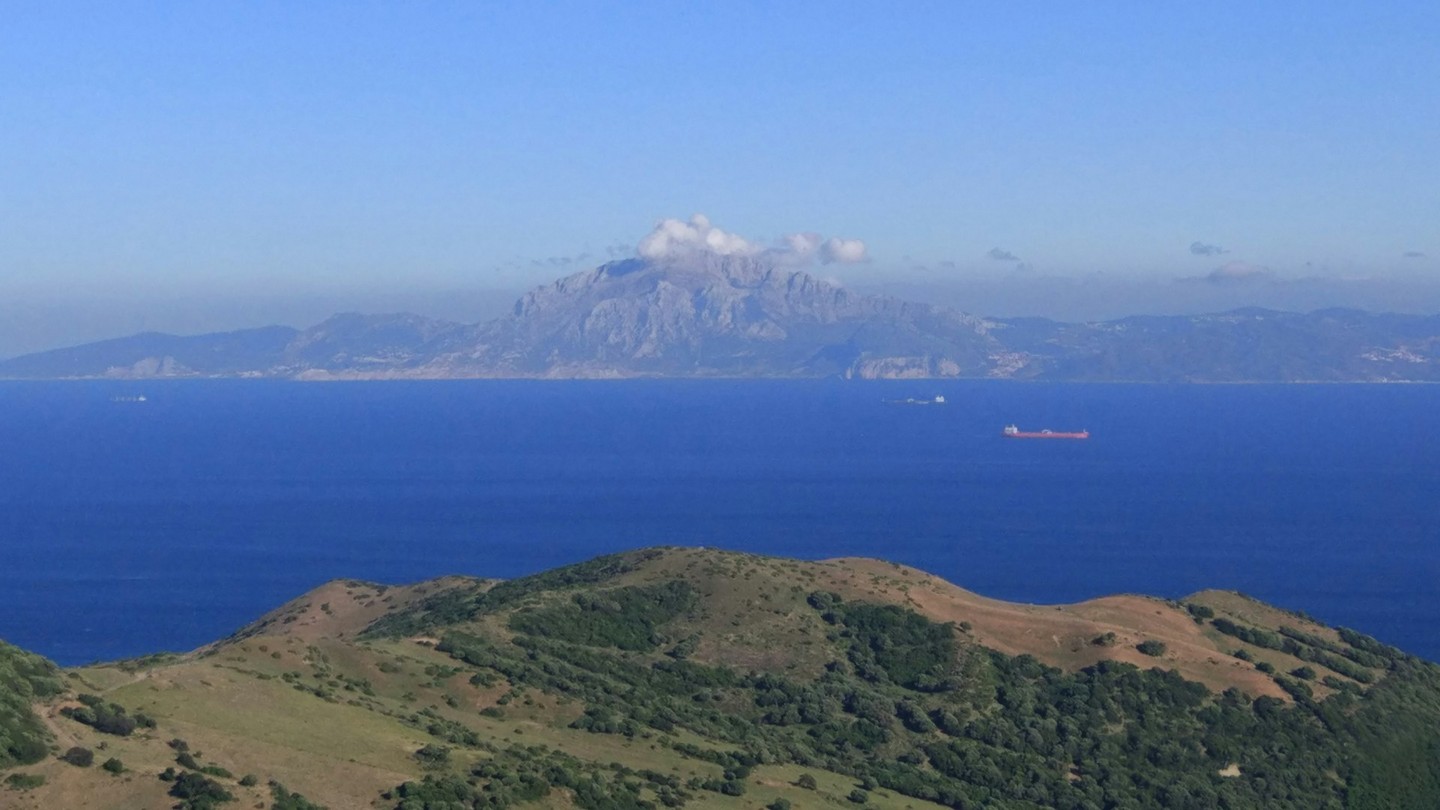
El Mediterráneo es un mar ‘semicerrado’. Su única conexión oceánica es el estrecho de Gibraltar, mientras que su otra ‘abertura’ es el canal de Suez, que lo conecta con el mar Rojo. © Alejandro Martin/unsplash
The Water Cycle Under Satellite Surveillance
The evolution of the atmospheric water cycle in relation to the warming of these seas is constantly monitored by various research programs, primarily using satellite data. In the case of the Mediterranean, the Copernicus program, led by the European Union, provides the most information to governments and institutions to alert the public about extreme weather events. The European Space Agency (ESA) is responsible for implementing the program using Sentinel satellites, designed specifically for environmental and climate monitoring. The primary goal of Copernicus is to develop practical applications for resource and emergency management and to provide data to advance climate change mitigation and biodiversity conservation.
NASA is another institution obtaining extensive ocean data. Its Landsat, Terra, Aqua, and Suomi NPP satellites operate in collaboration with the National Oceanic and Atmospheric Administration ((NOAA), focusing more broadly on global climate research and monitoring.
The conclusions of these research programs are vital for shaping mitigation and adaptation policies and, most importantly, for understanding what the future holds. Some paleontologists and historians argue that the warming of the eastern Mediterranean after the last ice age facilitated the rise of the Neolithic period, promoting the development of agriculture and livestock in the region that later became the Fertile Crescent. There, the first great civilizations were born: Babylon, Mesopotamia, and Persia. Could excessive warming lead us to an inverse situation? Scientists assure us that there is still time to avoid the worst consequences of a boiling sea.


